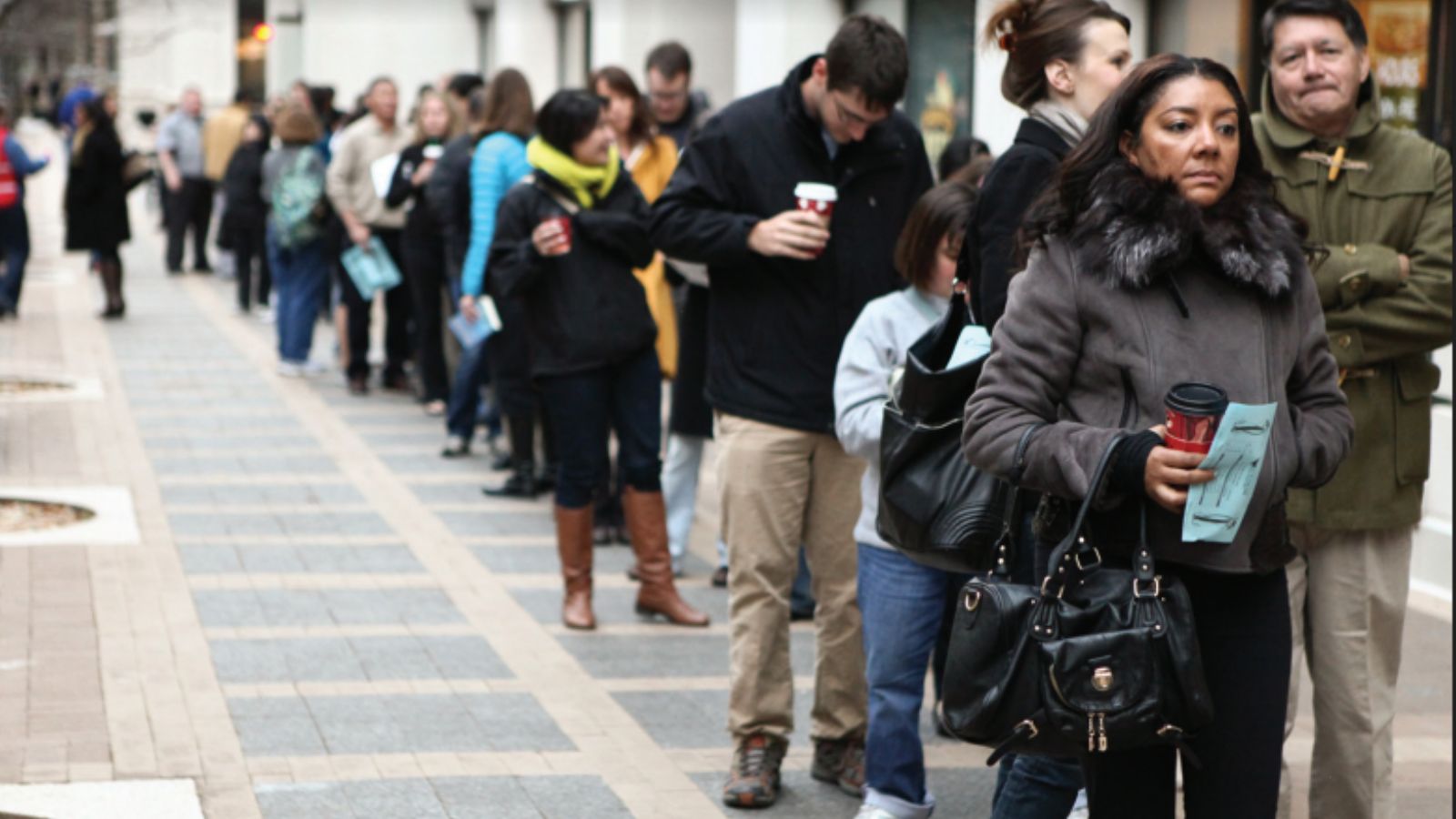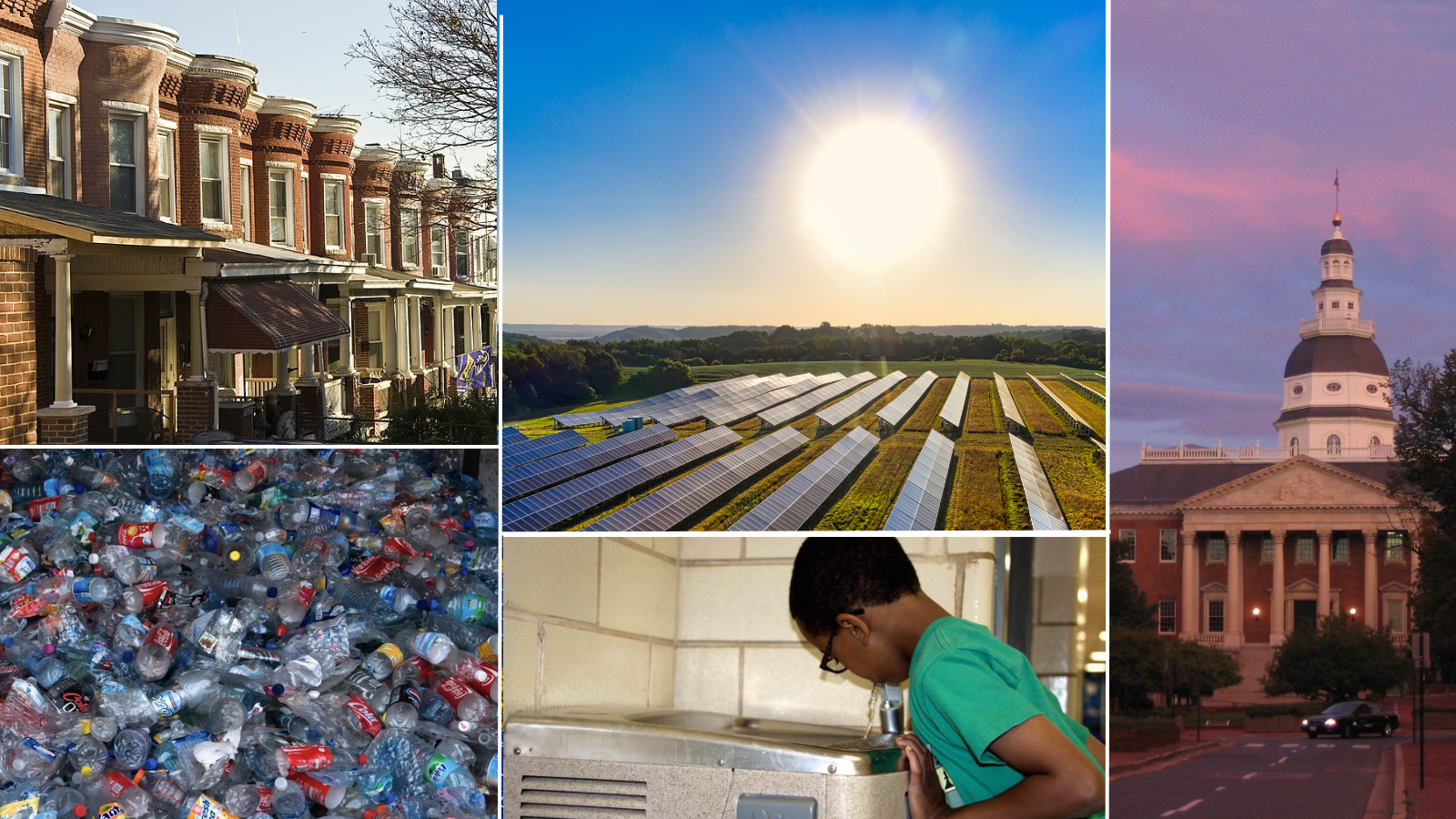Testimony: Public Financing Act – State Senate and House of Delegates
Today, we testified in support of SB 358 to expand public campaign financing to elections for Maryland Senate and the House of Delegates.
Emily Scarr, Maryland PIRG State Director
Testimony for SB0358: Public Financing Act – State Senate and House of Delegates
Education, Health, and Environmental Affairs Committee, February 23rd, 2022
Position: Favorable
Maryland PIRG is a state based, non-partisan, citizen funded public interest advocacy organization with grassroots members across the state.
Last year, the Maryland General Assembly passed the Maryland Fair Elections Act, modernizing and funding the state’s small donor public campaign finance system for the gubernatorial race. Nearly a decade ago, the Maryland General Assembly passed the Campaign Finance Reform Act of 2013 which made it possible for Maryland counties to build small donor campaign finance programs locally. Since, Montgomery, Howard, Prince George’s, and Baltimore Counties, as well as Baltimore City, have all established these new campaign finance systems, and Montgomery County has successfully run their first election using the new system.
Now, it is time to modernize and expand Maryland’s public financing system to include elections for the Maryland General Assembly’s State Senate and House of Delegates.
There is no doubt that our democracy is in a fragile state. Faith in government has dramatically declined, as has voter participation and civic engagement. Hyper-partisan politics, gerrymandering and corporate influence have pushed our federal government into stalemate. Small donor public financing of elections is not a silver bullet to solve our democracy’s problems, but it’s a good start. By creating alternatives to the traditional funding model for elections and encouraging more participation we can disrupt the stranglehold money has on our democracy, and Maryland counties are leading the nation to do so.
This bill is modeled after the success of similar programs in the state and country, with adjustments to meet needs of state races. A Fair Elections program will be better for candidates and elected officials, better for the public, and better for Maryland.
The amount of money your family makes, your race, and your gender should not determine the volume of your voice in our elections. But the rise of corporate and large campaign contributions has forced Maryland elected officials and candidates to be increasingly dependent on these donors, giving them less time to hear from and serve their constituents.
This bill creates a voluntary program which enables candidates to run for office with small donations from their constituents and remaining competitive with those who accept large and corporate contributions. This serves the dual purpose of reducing corporate and large donor campaign spending and re-engaging the community in the electoral process. And with a Fair Election program in place, we hope to expand opportunities to run for office, so candidates of all backgrounds can run based on the strength of their ideas, not access to money.
In 2019, Maryland PIRG Foundation released a report which found that Montgomery County’s Fair Elections program showed strong results in its first use. The report looks at data from 57 candidates for county office, 35 of whom participated in the program and 24 qualified to receive matching funds.
Key findings:
-
Candidates who qualified received nearly twice as many donations from Montgomery County residents than those not participating in the program (850 vs 434).
-
Candidates participating in the program received an average contribution of $86 compared to $1,145 for non participating candidates.
-
Candidates running for county council seats were able to use the small donor system to run competitive races. The average contribution, including matching funds, for candidates participating in the program was similar to the average contribution for candidates accepting large contributions. ($306 vs $292)
These types of programs are popular, effective, and gaining momentum.
BACKGROUND: Decisions from the Supreme Court, like Citizens United and McCutcheon, have unleashed a wave of mega donors into the electoral process and we are feeling the effects at the state level. The meteoric rise of election spending since these Supreme Court decisions means candidates and elected officials are often trapped spending an increasing amount of time fundraising from big donors, giving them less time to hear from and serve their constituents. It has also exacerbated the already shrinking faith that citizens have in their elected officials and government.
The removal of restrictions on aggregate contributions limits in Maryland and nationwide has led to increased spending by mega donors on local elections. Our research found that this decision would ultimately contribute to $1 billion in increased spending through the 2020 elections from less than 3,000 mega donors.
A 2018 survey from the Center for Public Integrity found that 88% of Americans want to reduce the influence large campaign donors wield over lawmakers
An October 2017 Poll from the University of Maryland and the Washington Post found that Americans, regardless of political affiliation, agree that money in politics is a big issue and are not happy with the way our democracy is going.
-
Money in politics was listed as the #1 cause for dysfunction in the U.S. political system, with a whopping 96% of respondents saying it had “A lot” (65%) or “some” (31%) to do with the problem.
-
36% said they are not proud of the way democracy works in America, which is double what it was 3 years prior (18% in 2014).
A 2016 poll from Pew Research Center found (76%) of Americans – including identical shares of Republicans and Democrats – say money has a greater role on politics than in the past. The same poll found that 64% of Americans thought the high cost of campaigns discourages good candidates from running for office.
WHAT YOU CAN DO: Small donor public financing enables candidates to run a competitive race without relying on large or corporate donors
We respectfully request a favorable report.
Topics
Authors
Rishi Shah
Find Out More

Fair Elections in Maryland Counties

Our 2023 Legislative Agenda and Priorities

Testimony: Local Public Campaign Financing – Expansion to Additional Offices

